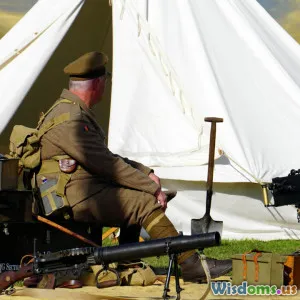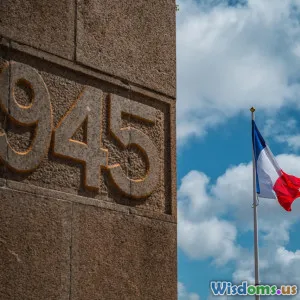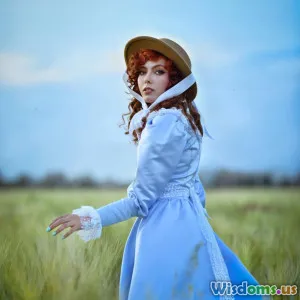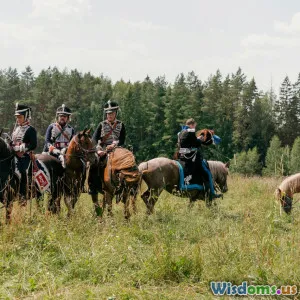
Historical Impacts of Secret Societies
6 min read Explore how secret societies shaped history, influencing politics, culture, and society throughout the ages. (0 Reviews)
Historical Impacts of Secret Societies
Throughout history, secret societies have wielded considerable influence, often operating in the shadows of public consciousness. These organizations, shrouded in mystery and intrigue, have played pivotal roles in shaping political landscapes, cultural movements, and social dynamics. This article explores the historical impacts of various secret societies, examining their motivations, key activities, and the controversies surrounding them.
The Origins of Secret Societies
Secret societies date back to ancient times. The earliest recorded instance is the Mystery Schools of ancient Greece and Egypt, which offered esoteric knowledge to initiates. These schools emphasized the importance of secrecy, believing that sacred truths should be protected from the unworthy.
In medieval Europe, the Knights Templar emerged as a powerful secret society, blending religious fervor with financial acumen. Their rise to prominence showcased how secretive organizations could gain influence and wealth, leading to their eventual downfall when they were disbanded and persecuted by King Philip IV of France.
The Freemasons: Builders of Modern Society
Perhaps one of the most well-known secret societies is the Freemasons, established in the late 16th century. Initially a guild for stonemasons, it evolved into a fraternity promoting moral and ethical values. The Freemasons played a significant role in the Enlightenment, advocating for reason and scientific thought over superstition.
Many founding fathers of the United States, including George Washington and Benjamin Franklin, were Freemasons. Their values of liberty and fraternity were instrumental in shaping American democracy. The Masonic influence extended beyond national borders, impacting various revolutions and reforms globally, including the French Revolution.
The Illuminati: Myth vs. Reality
Founded in 1776 in Bavaria, the Order of the Illuminati aimed to promote Enlightenment ideals and combat religious and political oppression. Although officially disbanded by the government in the late 1780s, the Illuminati became the subject of numerous conspiracy theories, often linked to global control and sinister plots.
While the modern portrayal of the Illuminati as a shadowy puppet master has little basis in historical fact, their brief existence highlighted the tension between enlightenment thought and authoritarianism. The fear of their influence illuminated the paranoia surrounding secret societies.
The Role of Secret Societies in Political Movements
Secret societies have often found themselves at the heart of political movements, sometimes catalyzing change and at other times stifling it. For example, the Carbonari in Italy played a crucial role in the unification of the country during the 19th century. Similarly, organizations like the Young Turks utilized secretive tactics to orchestrate political upheaval in the Ottoman Empire.
Conversely, the Skull and Bones, a secret society at Yale University, has been critiqued for perpetuating elitism and privilege among its members, influencing American politics through connections rather than meritocracy. This duality reflects the complex nature of secret societies in shaping political discourse.
Cultural Contributions of Secret Societies
Beyond politics, secret societies have also contributed significantly to culture and arts. The Rosicrucians, a mystical organization, influenced literature and philosophy, inspiring works ranging from Goethe's writings to modern occult practices. Their emphasis on esoteric knowledge and spiritual enlightenment continues to resonate in contemporary spirituality.
In the realm of art, the Bohemian Club in San Francisco has brought together artists and influential figures, impacting American culture through music, literature, and visual arts. While often criticized for its exclusivity, the club’s gatherings have fostered creative collaborations that have shaped cultural narratives.
Conclusion: The Lasting Legacy of Secret Societies
The historical impacts of secret societies are undeniable. From the Freemasons to the Illuminati, these organizations have influenced political landscapes, cultural movements, and societal norms. While often viewed with skepticism and suspicion, their contributions to history reveal a complex interplay of secrecy, power, and ideology.
Understanding the role of secret societies allows for a deeper appreciation of the forces that have shaped our world. As we continue to navigate the complexities of modern society, recognizing the historical significance of these groups offers valuable insights into the ongoing dialogue surrounding power, influence, and collective identity.
Rate the Post
User Reviews
Popular Posts





















